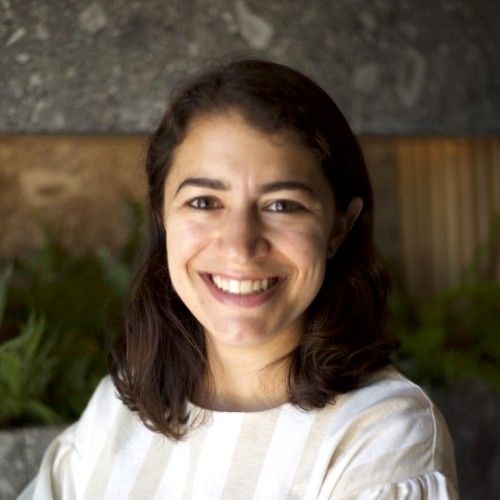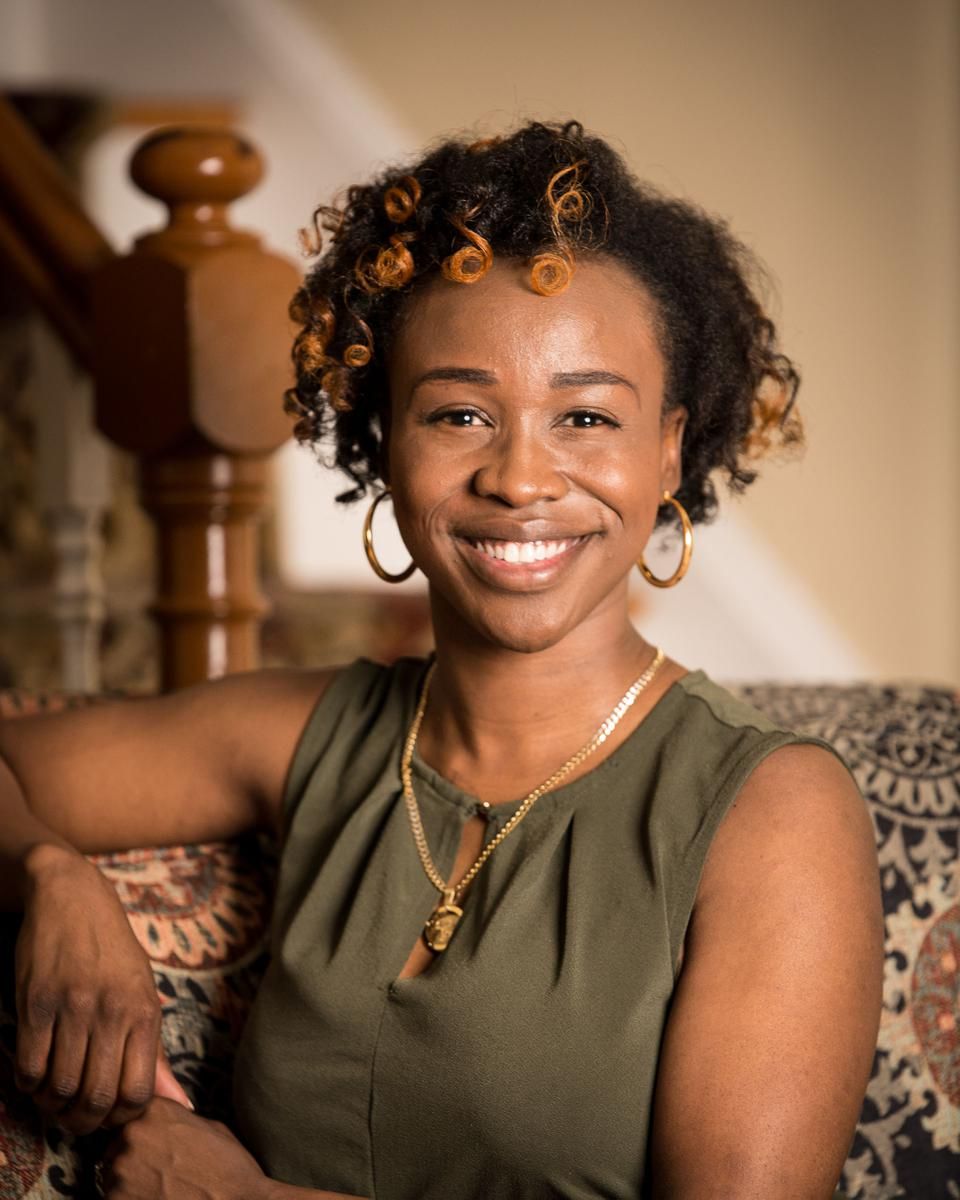
How to find a culturally sensitive therapist as an Afro-Caribbean person
A 2007 study published in the American Journal of Public Health found that Afro-Caribbean men had higher risks for psychiatric disorders than African American men, while the inverse was true among women. First-generation Afro-Caribbean people had lower rates of psychiatric disorders than second- or third-generation Afro-Caribbean individuals. Third-generation individuals had markedly elevated rates of mental health issues compared to first-generation individuals, suggesting that societal stress associated with being Black in America plays a role.
This underscores the urgency of recognizing that Afro-Caribbean experiences and mental health risks are not the same as those of African Americans. This, coupled with experiences of racial consolidation, wherein assumptions are made about Afro-Caribbean peoples’ identity based solely on their skin color, further points to the importance of culturally sensitive care.
Stigma towards mental health care is unique among Afro-Caribbean individuals, as well. Cultural beliefs suggest that mental illness is hereditary and many assume treatment to be punitive rather than supportive. Language also presents a barrier — finding a therapist who speaks Haitian Creole, for example, can prove challenging.
Alma member Rode Toussaint, LMHC, shared culturally-specific experiences and questions Afro-Caribbean individuals can ask to gauge a therapist’s understanding of Caribbean culture.
Q: What mental health challenges are important to highlight for Afro-Caribbean clients?
A: In our culture, the idea of therapy is viewed for people with first-world problems. We are often met with “you are being weak” or “stop being dramatic” when sharing to others that we are struggling to cope with our experiences of life. Understanding that it’s ok to take time to explore yourself is also a sign of strength. It is also important to recognize that there’s space to blend our values within the therapy space.
Q: What are some culturally-specific Afro-Caribbean practices that promote mental health?
A: Our Afro-Caribbean culture is a very communal one. Oftentimes, problems are solved through a game of dominoes, a church service, dancing to music, cracking jokes, or even having a get-together. In our culture, we also believe in herbal remedies, so drinking tea is often used to deal with emotional or physical problems.
Questions Afro-Caribbean clients can ask to gauge a therapist�’s cultural sensitivity
- There are spiritual beliefs a part of my culture, such as Obeah or Vodu, that outsiders might view as delusional. How will you be open to my views without judgment?
- Talking to a stranger about my personal business is something I have always been taught not to do. What are some ways you will be able to help me open up to make progress?
- Are you familiar with the different subcultures within Afro-Caribbean culture, such as languages, religion, and dialects?
- Are you familiar with messages and beliefs surrounding the LGBQTIA+ community within my culture?
- What are some steps you actively take to prevent oppression in our therapeutic space?
Take action:
Find a culturally sensitive therapist
The tips highlighted above can help you evaluate whether a therapist is right for you. Before that happens, the first step is often using online tools to narrow your search.
The Alma directory lists over 20,000 providers who accept insurance, and has search filters like identity, religion, specialty and more—that allow you to find the right fit sooner.
Feb 18, 2022

Looking for a therapist?
Get tips on finding a therapist who gets you.
By submitting this form, you are agreeing to Alma's privacy policy.





